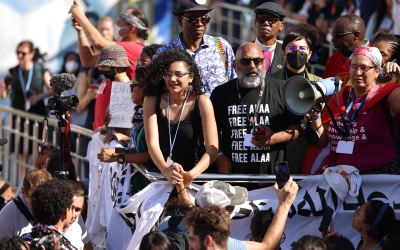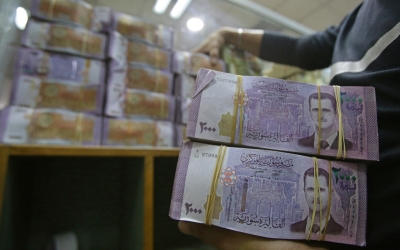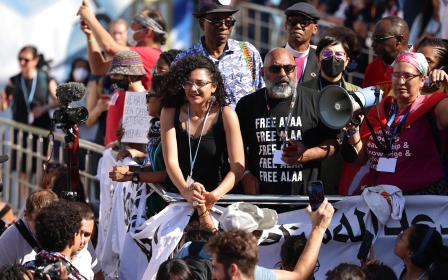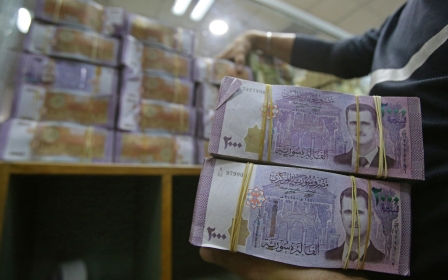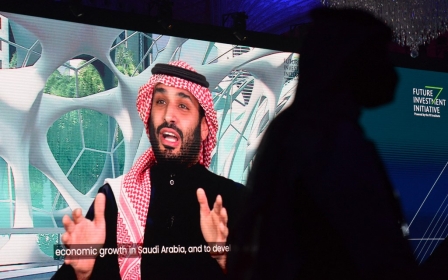Arabic press review: Saudi Arabia plugs in to electric vehicle revolution
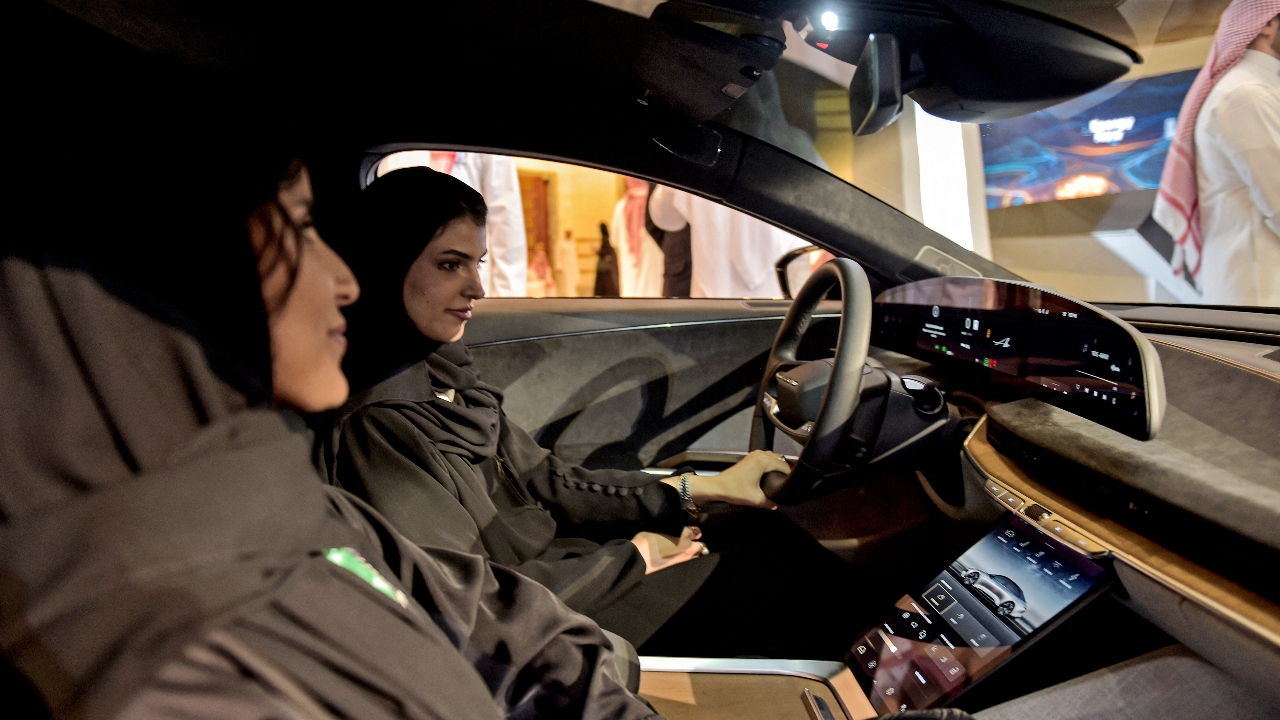
Saudi Arabia hints at electric dreams
Saudi Arabia's Public Investment Fund (PIF), the kingdom's sovereign wealth fund, has announced that the country is aiming to produce 328,000 electric vehicles annually, according to a report in alkhaleejonline.
The announcement came 10 days after the launch of Ceer, the first Saudi brand aimed at producing electric vehicles.
The PIF's governor, Yasir al-Rumayyan, said Saudi Arabia's plans to enter the electric vehicle industry are part of the kingdom's contribution to reducing carbon emissions.
Rumayyan said that Saudi Arabia's green transformation plans aimed to reach zero carbon emissions by 2050.
New MEE newsletter: Jerusalem Dispatch
Sign up to get the latest insights and analysis on Israel-Palestine, alongside Turkey Unpacked and other MEE newsletters
"As part of the Voluntary Carbon Trading Market Initiative during the past month, the largest auction of offsetting carbon credits in the world was organised, and 1.4 billion tonnes of carbon offset credit documents were sold to 15 Saudi and regional entities," said Rumayyan.
The governor added that the kingdom aims to generate 50 percent of electricity through renewable energy by 2030, and the PIF planned to develop 70 percent of those renewable sources.
Saudi Crown Prince Mohammed bin Salman announced the launch of Ceer on 3 November, in a partnership between the PIF and the Taiwanese technology company Foxconn.
Jordanian artist dies after assault in Egypt
The well-known Jordanian artist, director and actor Ashraf Telfah died on Monday after he was subjected to an assault in Egypt that led to a brain haemorrhage and a coma, Jordan's Al-Ghad newspaper has reported.
Commenting on the attack, Mohammed Abaddi, the president of the Jordan Artists Association (JAA), said: "What happened is a vicious assault against a man who represents thought and truth, and defends the conscience of the nation... his killing in this way is very painful, and there are human monsters who must be held accountable."
Abaddi said that Telfah had headed to Egypt to continue his studies and get a PhD.
The JAA president said he and members of the JAA's board of directors would be heading to Egypt to follow up on the circumstances of Telfah's death.
An official source in Jordan told Al-Ghad that Egyptian security authorities had opened an extensive investigation into Telfah's killing.
The source said that initial information indicated that unknown people had beaten the artist, who was rushed to an intensive care unit where he died soon after.
The source added that the Jordanian embassy in Cairo was following up with Egyptian security authorities regarding the investigation.
Egypt faces loss of crops due to climate change
Egypt is threatened with losing 30 percent of its food production in its southern regions by 2040 if climate conditions in the country continue as they are, according to a report by the Egyptian Commission for Rights and Freedoms, quoted in the Al-Quds Al-Arabi newspaper.
The report looked at conditions in Egypt since August 2015, when an exceptional heatwave caused more than 60 deaths, most of them elderly, and caused around 600 people to be treated in hospital.
Egypt is expected to spend at least 50 percent of its summer and spring days under heatwave conditions, the report said, while increases in average and maximum temperatures will threaten agricultural and food production.
The report warned that global warming would, in particular, affect the production of wheat and maize, with Egypt expected to lose 30 percent of its food production in its southern regions by 2040.
The report comes as Egypt hosts the UN climate conference, Cop27, from 6 to 18 November in the Red Sea resort of Sharm el-Sheikh.
Syria passes digital media law
The Syrian government has approved new media laws after years of discussion and delay, despite several Syrian journalists - who say it consolidated censorship on the media - rejecting the new legislation, according to a report published in Al-Araby Al-Jadeed.
Under the new laws, the London-based newspaper said the government had agreed to create a Ministry of New Information, which would supervise and monitor the media.
According to the website of the government's presidency, the new law aims to "find a modern law that conforms with developments in the field of media and communication, especially in the procedural matters that were not taken into account by the law in force".
"These matters are related to social media platforms, and the adoption of media offices for non-Syrian media, media research centres, opinion polls, and training centres," it added.
The law has been discussed in Syria since 2017, but its approval had been postponed several times due to objections from various parties.
The objections came after leaked extracts of the law showed it included intense restrictions on both traditional and electronic media, including social media networks, Al-Araby Al-Jadeed reported.
Boutros al-Hallaq, the Syrian minister of information, said the new laws would "supervise the work of radio stations, paper and electronic journalism, while it excludes social media due to the difficulty of controlling them".
The ministry said it would not monitor social media platforms because "they are not media outlets, while (the ministry's) role is limited only to media outlets approved or licensed by the Ministry of Information".
*Arabic press review is a digest of news reports not independently verified as accurate by Middle East Eye.
Middle East Eye delivers independent and unrivalled coverage and analysis of the Middle East, North Africa and beyond. To learn more about republishing this content and the associated fees, please fill out this form. More about MEE can be found here.


